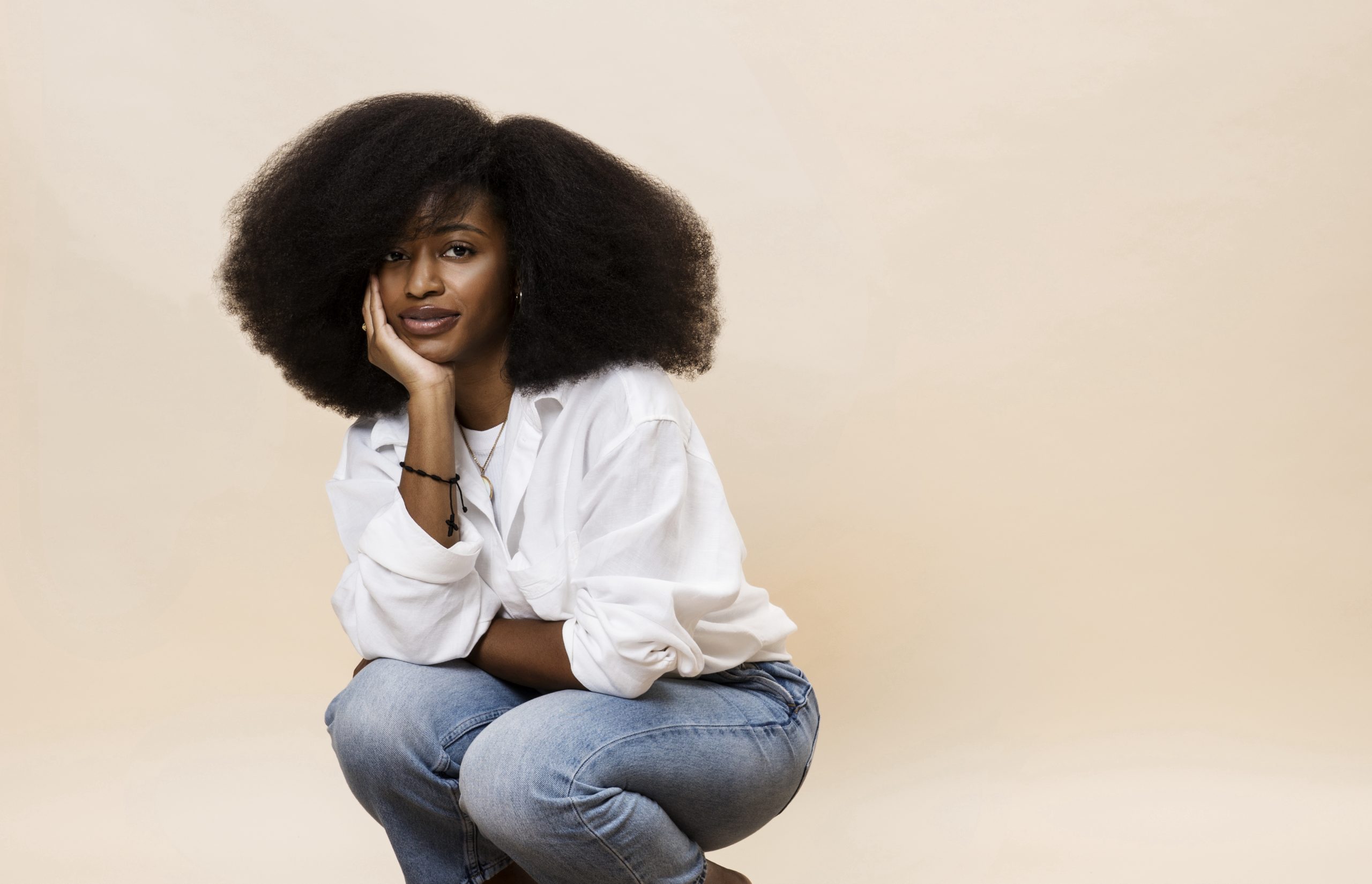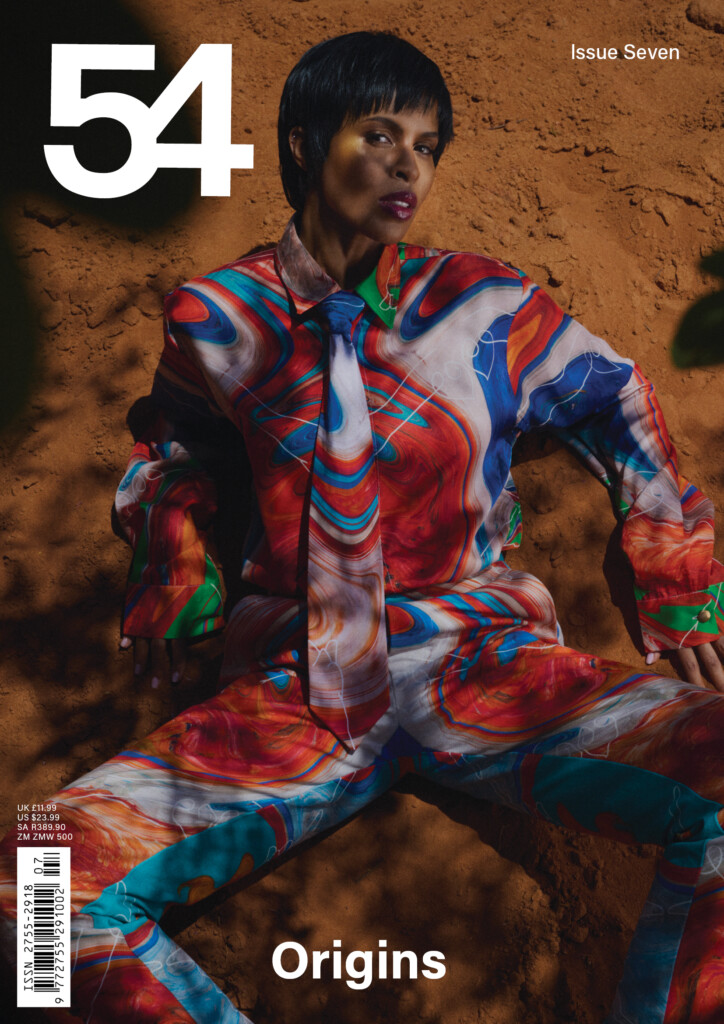Suki, in Japanese, means a liking of or fondness for. In Arabic, suki means drive. Linda Gieskes-Mwamba, founder of Suki Suki Naturals, took the word and applied it twice to drive a movement, establishing a brand that affirms women of colour in their fondness for their natural skin and hair, using ingredients from nature. That was 10 years ago.
Motivated to challenge traditional beauty standards and provide inclusive solutions, Linda has created products catering to diverse hair textures and skin types. Her extensive research and expertise have resulted in a range of products that empower individuals to embrace their natural beauty, irrespective of societal norms. Suki Suki Naturals has a genuine commitment to sourcing medicinal ancestral plants while incorporating scientific advancements. By fusing time-honoured African beauty rituals with modern research, the brand offers a unique sensory experience that nourishes, revitalises and connects customers to Africa’s rich heritage.Linda talked to Fifty Four mag’s beauty director, Mathahle Stofile, about her brand’s journey and future plans.
Mathahle: You started Suki Suki Naturals as a personal project, the seed planted back in 2010 because of your frustration trying to find natural, clean and affordable products for your hair. We’ve come so far since then and the market is flooded with products making similar promises, especially around natural African ingredients. Being one of the pioneers, and you certainly were. How do you get Suki Suki Naturals to stand out in what can feel like a crowded space today?
Linda: We’re lucky to have built an authentic community around our brand and product. It’s been 10 years, and our growth has been organic, we’re not trying to be any other brand, we’re focused on staying true to our initial promise, to offer people personal care every day made from the natural richness of African raw ingredients through formulations that are backed by science. The quality of our ingredients and the efficacy of our products are at the centre of what we do.
Skin and hair live in the same place in my head, they follow the same basic rules of keeping the cleansing gentle, going hard on hydration, and always using a protection product before stepping out in the heat. Is this a link you made as you play in these two categories? Why not make-up, for example?
L: We launched Suki Suki Naturals with a haircare range, and the philosophy behind the range has always been ‘to care’; we used the same philosophy when creating the skincare range. Yes, our ground rules are ultimately the same when caring for hair and skin: cleansing needs to be efficacious yet gentle; moisturising needs to promote moisture retention without suffocating hair or the scalp and without clogging pores; and products need to protect from external aggressors whether that is hard water, pollution, heat styling or the sun. Make-up could be fun, maybe one day.
With such a wide and generous offer from the continent, how do you choose which plant-based ingredients to use? Do you pick the product first or the ingredients first?
L: We formulate our products with a vision for what we want them to do first; our formulation process is results-driven. After considering the product properties, we determine the kind of application, scent, texture and experience we’d like our customer to have. Our customers often decide this. As a last step, we identify the best ingredients from the continent that can deliver those results without harmful additives.
In the process of creating a brand and bringing it to life in the form of tangible products loved by loyal customers, what have you been most surprised by?
L: I’ve been most surprised by customer loyalty’s huge role in brand growth.
You officially launched Suki Suki Naturals in 2014, but you had been building up to this since around 2010. Tell us about that journey.
L: I went natural in 2010 but was still studying law then, with no intention of starting a beauty brand. I would make blends for personal use, and during that time, I would share them with family and friends. I left South Africa to go to New York in 2012 to write the NY Bar Exam, and upon my return in 2013, family and friends loved the results they saw in their hair growth and hair health, and they asked for more. I decided to launch Suki Suki Naturals in April 2014.
Do you come from a family of entrepreneurs? What convinced you that you could do this successfully?
L: Yes, I do come from a family of entrepreneurs. Seeing people around me take the leap in business, which started with my grandparents, I’ve never been intimidated by being an entrepreneur; the worst that could happen is failing and returning to your day job. I was never ‘convinced’ I could do it successfully; I just believed in my vision and I believed that my passion for beauty would take me far.
What have been some of your challenges, especially when you started shipping outside of South Africa? And how many countries do you ship to in total and how have you handled them?
L: Exporting can always be challenging, from customs clearance to expediting shipping times, but we learn from our experience to make the process seamless and quick for our customers. We currently ship to the US, UK and Europe. Upon request to various countries from our customers, we always try to accommodate our customers if our products are not available in their country yet.
What do you wish to see change in the next few years to facilitate smoother trading across different nations in Africa?
L: A ratified free-trade agreement by all African countries would be a great step forward in fostering better intra-Africa trade.
Many brands are based outside of Africa but are branded as ‘African brands’ because their stories include ingredients and sometimes even characters/muses (mom/grandma) from here. I imagine there are many reasons for this. It’s frustrating because we are still known for consuming too much and not producing enough as Africans, even though we own the raw materials. Would you ever consider manufacturing and operating outside the continent but still sourcing ingredients from here?
L: Our brand believes in African-made finished goods composed of African ingredients. This is why we’re authentically African, we’re not just using it as a tagline to exotify our brand and product. If we were to manufacture outside the continent, it would be if it’s literally no longer possible to find laboratories and factories in Africa.
Which Suki Suki Naturals products are your family members’ favourites?
L: Miraculous Oil is a family and friends favourite and Rosehip Brightening Facial Oil.
The entrepreneurship journey is famously lonely. Who do you have in your corner when things get dark?
L: My mother, my sister, my friends, my partner and my Suki Suki Naturals community.
Any wellness rituals you depend on?
L: Early morning prayer walks, pilates and yoga. I love my morning ritual of making matcha.
My beauty routine, whether morning or evening, is also a big part of helping me slow down and keeping me grounded and present.
What are the future plans?
L: Launching our new website, celebrating 10 years and releasing more products
our community loves.



comments +